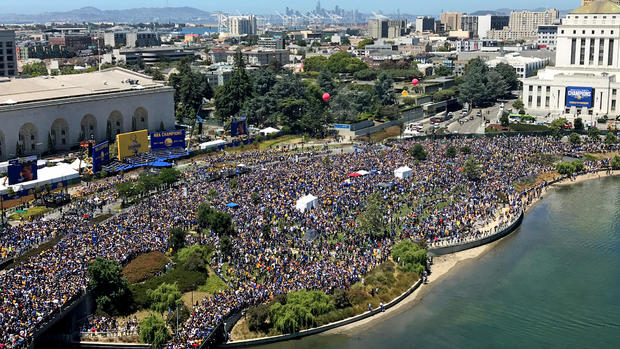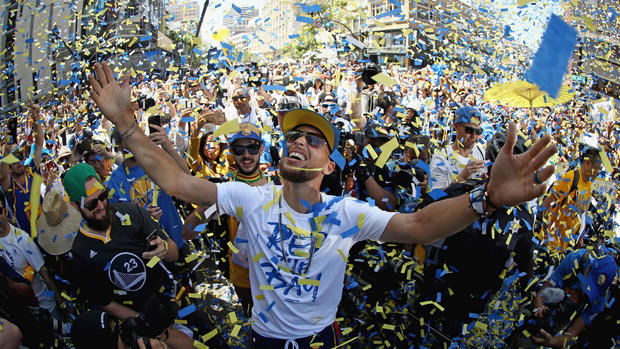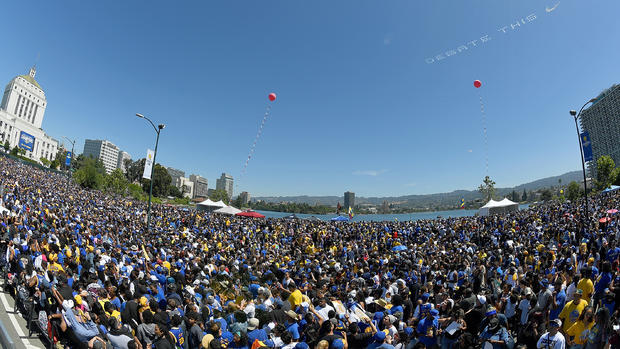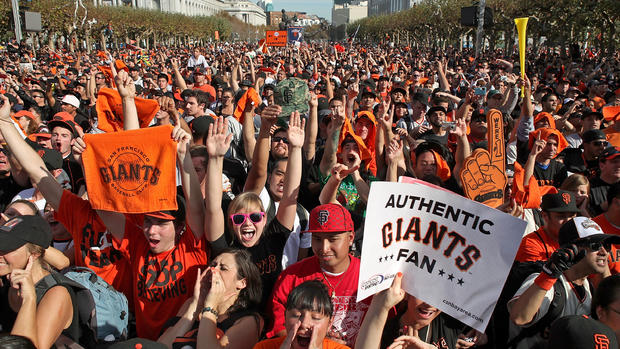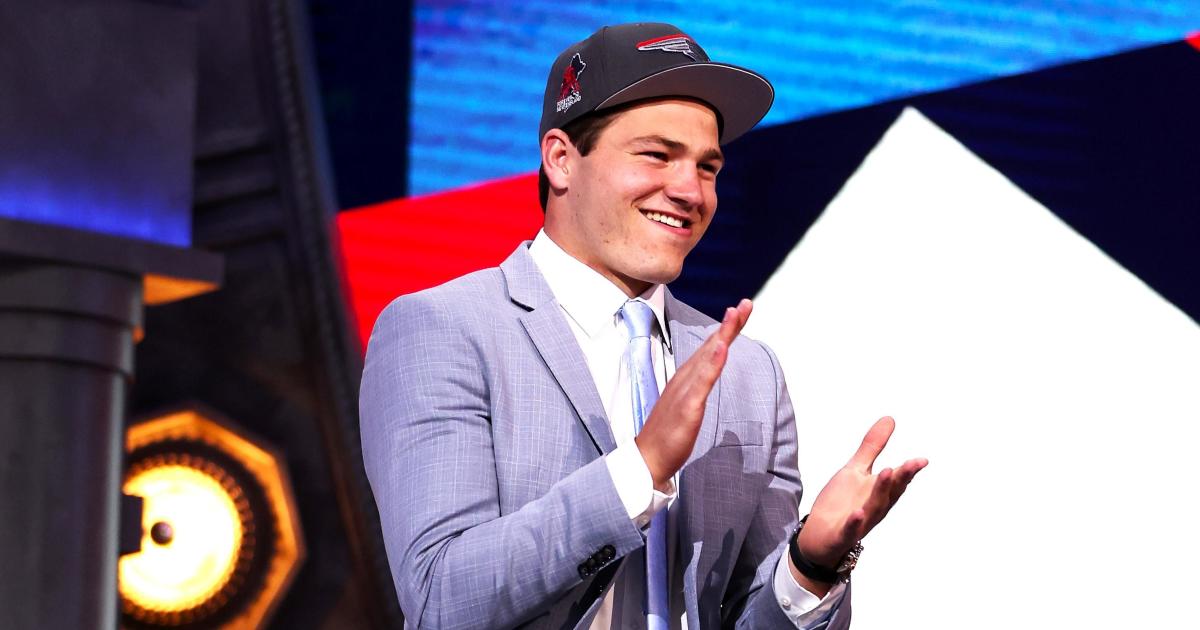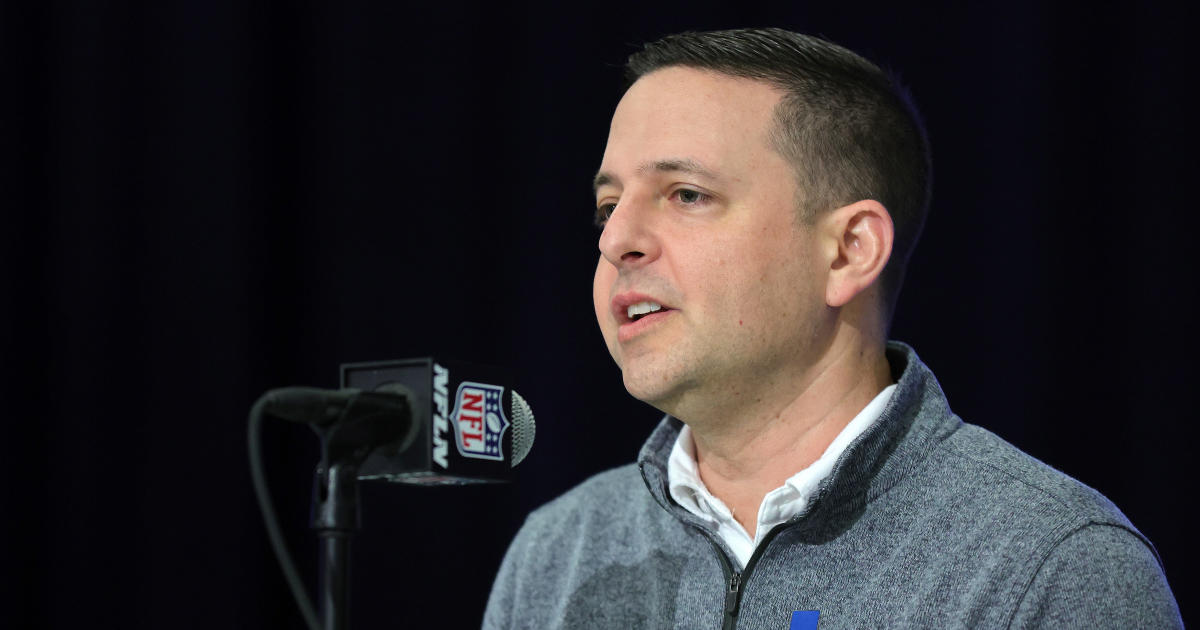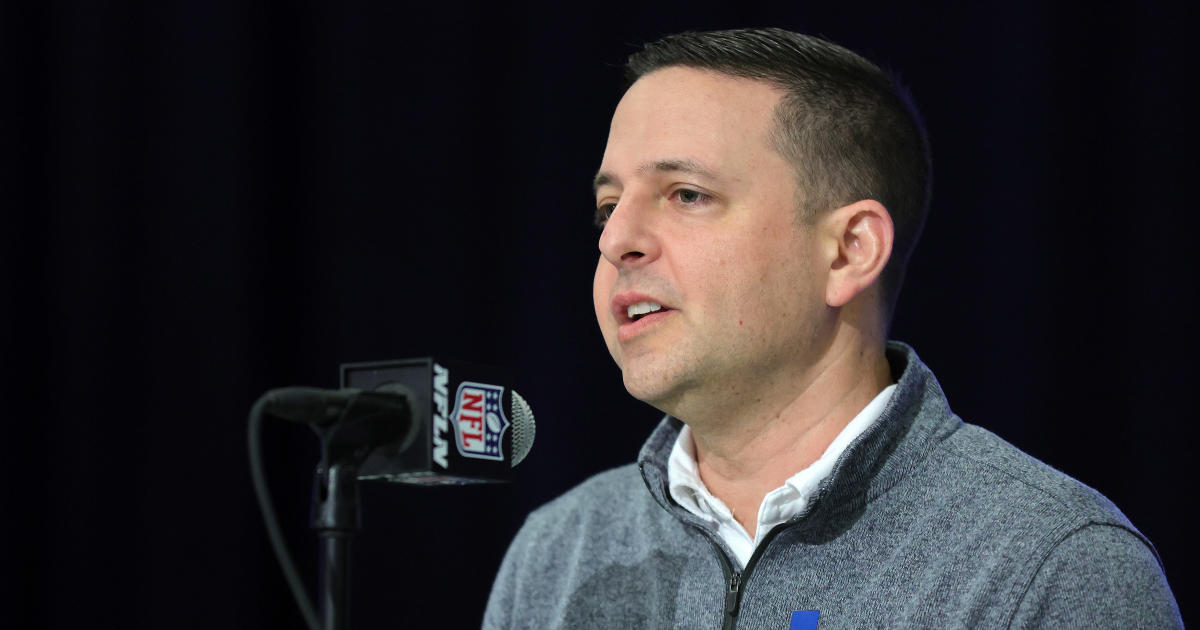Experts Say 49ers' Super Bowl Loss May Have Saved Lives In San Francisco Bay Area
By Michael Hurley, CBS Boston
BOSTON (CBS) -- Devastating sports losses are not often considered to be fortunate occurrences for the organization and fan base that suffers the defeat. Yet in the case of the 49ers' Super Bowl loss to the Chiefs in early February, it may have been a massive life-saving event.
A new story in The Wall Street Journal says that had the 49ers won the Super Bowl and celebrated with a parade where hundreds of thousands -- or even more than a million -- of jubilant fans packed the city's streets, the risk of the coronavirus spreading would have been extreme.
"This may be one of the lucky breaks that spared us from a much worse fate," Dr. Bob Wachter, chair of UCSF's department of medicine, told the Journal.
The story details how doctors in the Bay Area were already working diligently on preparing for the pandemic, which at that point in time had not gained nearly the amount of attention nationally that it would by the end of the month.
As the story notes, public health experts believe that the timing of a Super Bowl parade in early February "could've made it a super-spreading event."
"San Francisco has been widely praised for its response to the virus. One of the first places in the country to identify local spread of the virus is also one of the places that has contained it best. Experts have attributed this success to early interventions, careful planning and decisive action," Andrew Beaton and Ben Cohen wrote for the Journal. "But they also say the Bay Area benefited from events beyond the local government's control -- including the outcome of a football game thousands of miles away."
That game, you'll surely remember, involved the 49ers carrying a 10-point lead into the fourth quarter, and holding it through the midway point of that final quarter. But Jimmy Garoppolo completed just three of his 11 passes for 36 yards and an interception in that final quarter, just as Patrick Mahomes awoke to lead the Chiefs to 21 straight points to lead Kansas City to a 31-20 victory.
It was a heartbreaking loss for the Niners, yet because the virus had already made its way to the Bay Area, it prevented a mass gathering of people from taking place.
"If one person had it and spread it to a number of people at the parade, that could've had an impact on the epidemic trajectory," University of Washington biology professor Carl Bergstrom told the Journal.
The Golden State Warriors have won three NBA titles in recent years, and their celebrations in Oakland drew over 1 million fans.
The streets of San Francisco were also packed in recent years when the Giants celebrated their three World Series wins.
A Los Angeles Times story this week reported that the coronavirus likely surfaced in the Bay Area as far back as December 2019.
The Journal noted that more than 100 years earlier, the city of Philadelphia held a parade with 200,000 attendees in 1918 to "stoke wartime morale." Incidentally, the Spanish Flu pandemic was spreading at the time, and more than 4,500 people died from that epidemic within weeks.
"With many of the city's health professionals pressed into military service, Philadelphia was unprepared for this deluge of death," a Smithsonian Magazine article explains.
That same Smithsonian article explained that a similar parade through Boston had similar effects.
"With stunning speed, illness ricocheted through Boston's large military population," the story said. "Then, on September 3, sailors and civilian navy yard workers marched through the city in Boston's 'Win-the-War-for-Freedom' rally. The next day, the flu had crossed into Cambridge, surfacing at the newly opened Harvard Navy Radio School where 5,000 students were in training. Soon all Boston, surrounding Massachusetts, and eventually most of New England faced an unprecedented medical disaster."
The Journal noted that while Kansas City did celebrate, that city "happened to be one of the last NFL cities to report its first case of the virus, and the hundreds of thousands of long-suffering fans who celebrated on Feb. 5 were about six weeks behind San Francisco."
So, the loss by Garoppolo, Kyle Shanahan, and the rest of the 49ers will go down as a black-and-white loss in the sports record books. But on a grander scale, it may have ended up being a much, much greater victory.
